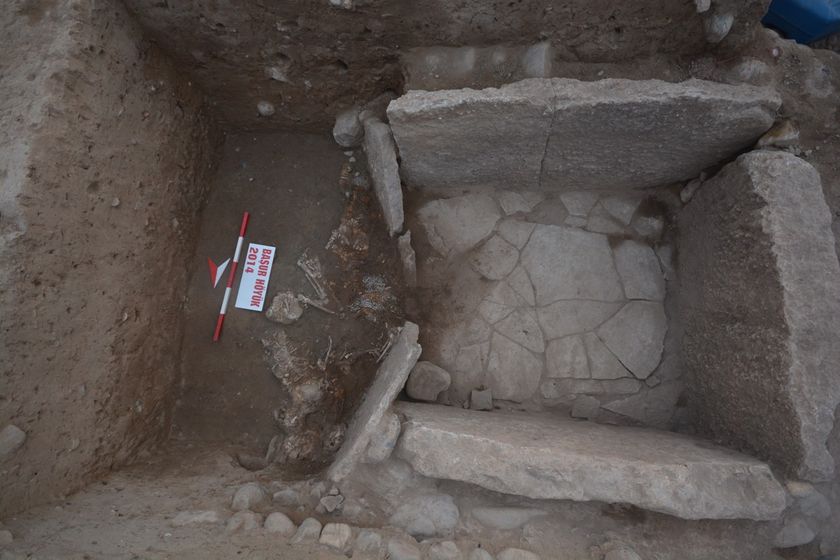Centenarians: Study Reveals What They Die of, and Where

Centenarians, people 100 years or older, are more likely to die of pneumonia or as a result of frail health than from cancer or heart disease, compared with "younger" elderly adults, according to the results of a new study.
The study also revealed that people who reach their 100th birthday and beyond were most likely to die in a residential care home (61 percent) or hospital (27 percent), and less likely to die at home (10 percent) or in hospice (0.2 percent), said Catherine Evans, clinical lecturer on palliative care at King's College London, one of the study's authors.
Centenarians are a rapidly growing demographic group worldwide, projected to reach more than 3.2 million by 2050, Evans said. In the United Kingdom, the number of centenarians has doubled every 10 years since 1956, and is estimated to reach more than half a million by 2066.
"Despite the worldwide increase in the number of centenarians, few studies have considered the health and social care needs of older adults," she told Live Science. "The rising number of centenarians, coupled with continued use of hospital care at the end of life, indicates an urgent need to ensure adequate long-term care and responsive community care services to support people living to advanced age."
The researchers used data on deaths from the Office for National Statistics for England from 2001 to 2010, which included information on socioeconomic status of the region, place of residence and care- home bed capacity. The number of centenarian deaths in England per year increased by 56 percent over that 10-year period, from 2,823 to 4,393, Evans said. [Extending Life: 7 Ways to Live Past 100]
The median age of the nearly 36,000 people in the study — of whom 87 percent were women — was 101 at the time of death. The proportion of people who died in the hospital changed little over time, despite the increased number of centenarians.
The data also indicated that most elderly people would prefer to die not in a hospital, but rather in an environment where they are surrounded by familiarity, autonomy and loved ones, Evans said.
Sign up for the Live Science daily newsletter now
Get the world’s most fascinating discoveries delivered straight to your inbox.
Evans added that in order to reduce centenarians' reliance on hospital care at the end of life, the response must be proactive rather than reactive. "There needs to be a greater emphasis on anticipatory care with contingency planning that details treatments and interventions when an unanticipated, or sentinel, event occurs," she said. "A chest infection, for example, can be managed at home with oral antibiotics and comfort care, rather than in the hospital with intravenous antibiotic treatment."
Increasing the number of beds in residential care homes may also reduce reliance on in-patient hospital stays for people with extreme longevity, Evans noted. "Better health care provisions could enable people to remain in their usual residence and reduce hospital admission — a major cost driver in end of life care."
The study is published online today (June 3) in the journal PLOS Medicine.
Follow Live Science @livescience, Facebook & Google+. Originally published on Live Science.













